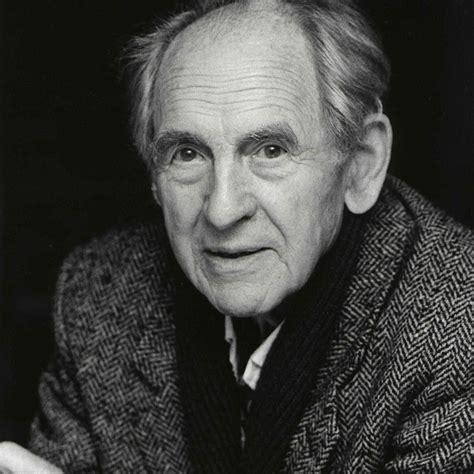A Quote by Bill Watterson
Dad, how do soldiers killing each other solve the world's problems?
Related Quotes
Teaching and writing, really, they support and nourish each other, and they foster good thinking. Because when you show up in the classroom, you may have on the mantle of authority, but in fact, you're just a writer helping other writers think through their problems. Your experience with the problems you've tried to solve comes into play in how you try to teach them to solve their problems.
Managers are not confronted with problems that are independent of each other, but with dynamic situations that consist of complex systems of changing problems that interact with each other. I call such situations messes. Problems are extracted from messes by analysis. Managers do not solve problems, they manage messes.
There aren't enough professionals to solve the world's problems. There will never be enough doctors to solve the health problems of the world. There will never be enough teachers to solve the education problems of the world - illiteracy. There will never be enough missionaries to care and comfort and share the Good News. It has to be done by normal, ordinary people.
I am personally thankful that we live together in a large moral house even if we do not drink at the same fountain of faith. The world we experience together is one world, God's world, and our world, and the problems we share are common human problems. So we can talk together, try to understand each other, and help each other.
And I've come to the place where I believe that there's no way to solve these problems, these issues - there's nothing that we can do that will solve the problems that we have and keep the peace, unless we solve it through God, unless we solve it in being our highest self. And that's a pretty tall order.
Besides justifying the transfer of wealth to kleptocrats, institutionalized religion brings two other important benefits to centralized societies. First, shared ideology or religion helps solve the problem of how unrelated individuals are to live together without killing each other—by providing them with a bond not based on kinship. Second, it gives people a motive, other than genetic self-interest, for sacrificing their lives on behalf of others.



































